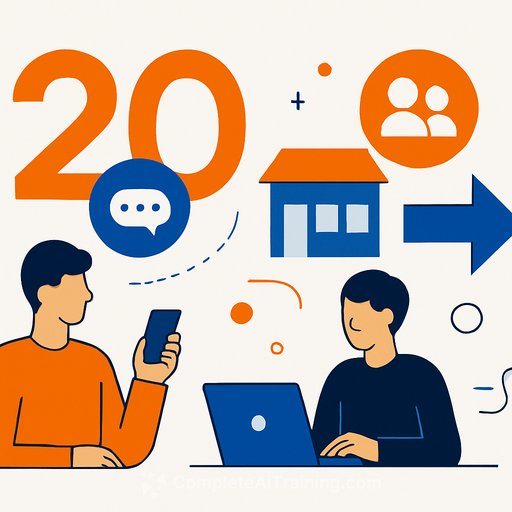Caught in a Social Media Echo Chamber? AI Offers a Way Out
Social media feeds often feel like endless loops of similar stories and opinions. This “echo chamber” effect can reinforce existing beliefs, whether they're accurate or not, making it harder to encounter diverse viewpoints. The rise of AI-generated content has made this problem worse, with mass-produced articles and posts that appear to come from multiple sources but essentially push the same narratives.
Researchers at Binghamton University propose an AI-driven system to tackle this issue by mapping how content and algorithms interact on digital platforms. Their goal is to reduce the spread of misleading or harmful information and encourage exposure to a wider range of perspectives.
How Echo Chambers Form and Persist
Social media platforms optimize content delivery based on engagement metrics and user behavior. This incentivizes the circulation of emotionally charged or polarizing posts, which often include misinformation or conspiracy theories. When users repeatedly engage with like-minded individuals, their tendency to selectively focus on confirming information grows stronger, filtering out diverse opinions.
Thi Tran, assistant professor at Binghamton University’s School of Management, points out that both humans and AI can produce content that is either constructive or misleading. This means users must maintain a healthy skepticism about what they see online—regardless of the source.
Testing Misinformation Reactions Among College Students
The study involved surveying 50 college students who responded to five common misinformation claims about the COVID-19 vaccine:
- Vaccines are used to implant barcodes in the population.
- COVID-19 variants are becoming less lethal.
- COVID-19 vaccines pose greater risks to children than the virus itself.
- Natural remedies and alternative medicines can replace COVID-19 vaccines.
- The COVID-19 vaccine was developed as a tool for global population control.
Survey results revealed nuanced behavior:
- 90% said they would still get vaccinated despite the misinformation.
- 70% admitted they might share this information on social media, mostly with friends or family.
- 60% correctly identified the claims as false.
- 70% felt the need to research further before accepting or rejecting the claims.
These findings highlight that many people recognize falsehoods but hesitate to dismiss them without additional verification. This creates a window where misinformation can spread, despite awareness.
Using AI to Combat Misinformation
The researchers suggest that instead of relying solely on fact-checkers to verify every piece of content, platforms could use generative AI to identify and reduce misleading material. The same technology that can produce false narratives might be repurposed to promote reliable information and enable users to access a broader range of sources.
This approach could help social media platforms like Meta or X identify problematic content and minimize its reach, reducing the echo chamber effect and promoting healthier information environments.
Further Reading
For those interested in how AI intersects with misinformation and content moderation, exploring courses on AI ethics and applications can be valuable. Resources like Complete AI Training offer courses that cover these topics and more.
The full research, titled “Echoes Amplified: A Study of AI-Generated Content and Digital Echo Chambers,” was presented at a conference by the Society of Photo-Optical Instrumentation Engineers (SPIE). It was authored by Binghamton’s Thi Tran, Seden Akcinaroglu, Nihal Poredi, and Ashley Kearney from Virginia State University.
Your membership also unlocks:









